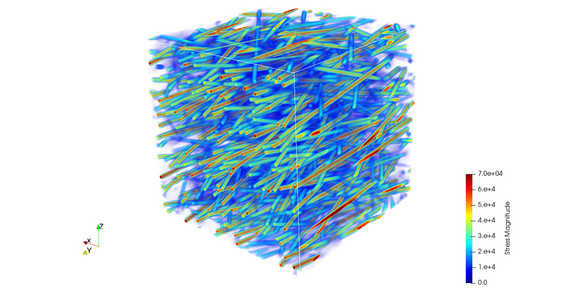A modern view of FFT-based computational methods in micromechanics

https://tu-dortmund.zoom.us/j/99614292677?pwd=NzBIZzlNQU1yTWdTdnQ0Mkt1STJ6UT09
Meeting-ID: 996 1429 2677
Passcode: 308034

You are here:

https://tu-dortmund.zoom.us/j/99614292677?pwd=NzBIZzlNQU1yTWdTdnQ0Mkt1STJ6UT09
Meeting-ID: 996 1429 2677
Passcode: 308034
